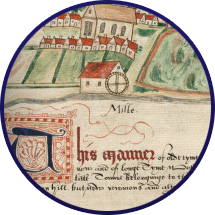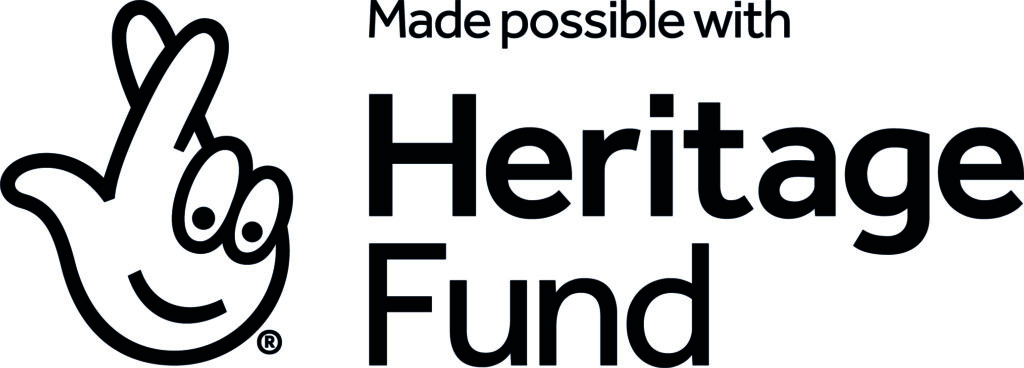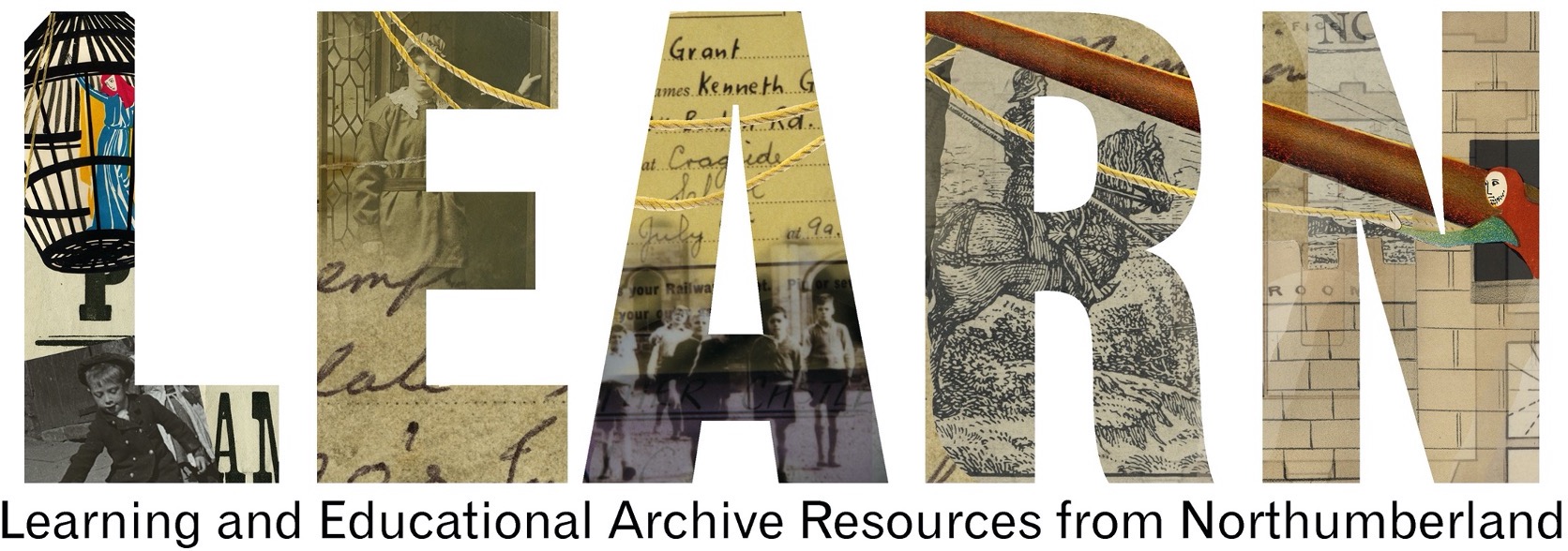Everyday Life in a Northumbrian Manor:
Animating the Manor - Learning Resources

Oral Histories
Navigate through the slides using the side arrows, or download a copy of the PowerPoint here.
Activity – What is an oral history?
- Spend 30 seconds coming up with a definition for oral history.
- Come up with a list of reasons for why oral histories are important and what we can learn from them.
- Come up with a list of topics that you think it would be important to have oral history recordings about.
Oral histories are a sound recording of someone being interviewed about their personal experience of past events. They are a valuable primary source that captures people’s memories, experiences, and recollections of events and places in the past. Oral histories provide historical evidence and may fill in the gaps where there are no written records of the subject. They can also provide new insight and perspective on the subject, and give a voice to the unheard. Oral histories can also capture a record of the way people spoke in the past and how regional accents have changed over time.
Who?
Activity – Who would be an oral history interviewee?
- Who would be the subject of an oral history – a celebrity or an ordinary person?
- What existing media would make it less valuable to record an oral history of a celebrity?
- Why would it be more beneficial to record oral histories with ordinary people?
Oral histories capture the experience of everyday ordinary people. Depending on the topic of the oral history, the interviewee will be asked about something that they have experienced, witnessed, or lived through. This could be something such as being a child evacuee during the Second World War, or the memories of people who lived in particular locations, or had certain jobs or hobbies.
- Different social classes
- Different age groups
- Different residential statuses
- Minority groups
There are already a lot of records about the life and experiences of celebrities, such as articles, media interviews, books, etc.
Oral History Recording
T/693 – Oral History of Mr Smith from Allendale, 2011
Mr Smith was born in Allendale in 1911. This was long before the village had electricity or gas, at a time when everything, like laundry, had to be done by hand. As a young man, Mr Smith always knew where Lord Allendale’s gamekeepers were and used this knowledge to poach pheasants.
Lord Allendale was the Lord of the Manor of Hexham at the time. Allendale was in the Manor of Hexham.
Activity – Oral History Interview
Listen through the oral history extract 3 times. Consider:
- How many people are speaking? Is there anyone else there?
- Can you hear the name of any places that you know? Are there any words that are unfamiliar?
- What is described in this interview? What can we find out from it?
Consider the skills that are needed to be an oral historian.
- Questions should be open. Avoid yes/no questions so that you can get as much information as possible.
- Actively listen and pay attention to what is being said.
- Keep the conversation relevant. If the interviewee goes off course, politely steer them back to the topic.
- Be polite, courteous, and use good manners.
- Always make sure that you have consent to do the interview.
Keeping the key rules for being an oral historian in mind, come up with a topic and a series of questions for an oral history. You could invite friends, family, or members of the community to take part in your interview.


